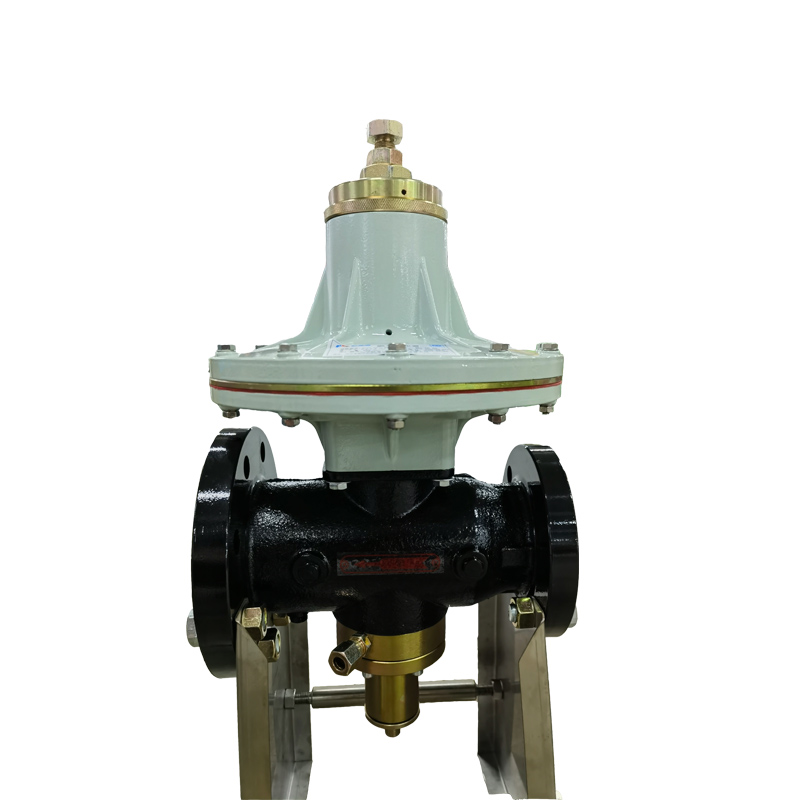
Sep . 26, 2024 02:57
Back to list
Creating Effective Filters Using Innovative Separation Techniques for Better Outcomes
Understanding Filter Separators A Key Component in Fluid Management
In the realm of industrial processes and fluid management systems, filter separators play a crucial role in maintaining the purity and quality of operational fluids. These devices are designed to separate liquids from gases, or different liquids from each other, ensuring that the fluids used in various applications are free from impurities that could compromise efficiency and safety.
The basic principle of a filter separator revolves around the differences in density between the components of a mixture. When a fluid mixture is introduced into the separator, it undergoes a process where gravitational forces and centrifugal forces interact to separate the components based on their specific weights. This separation method not only enhances the quality of the fluid but also contributes to the overall efficiency of the system by preventing contaminants from causing damage to downstream equipment.
Filter separators are extensively used in numerous industries, including oil and gas, petrochemical, and water treatment facilities. In the oil and gas industry, for example, they serve as critical tools in the separation of hydrocarbon liquids from gas streams. This process is vital because it ensures that the gas entering pipelines is free from liquids that could cause corrosion or blockages, ultimately leading to costly downtimes.
filter separator

Furthermore, filter separators can be equipped with different types of filter media, depending on the nature of the fluid and the specific contaminants present. Some commonly used filter media include mesh filters, cartridge filters, and coalescing filters. Each type serves a unique purpose, targeting specific contaminants to ensure optimal separation. For instance, coalescing filters are particularly effective in separating water from oil, as they promote the aggregation of water droplets, which can then be easily separated.
However, the effectiveness of a filter separator largely depends on proper sizing and selection based on the application. Factors such as flow rates, pressure conditions, and the nature of the contaminants must be thoroughly evaluated. A well-designed filter separator can provide significant benefits, including reduced maintenance costs, enhanced operational efficiency, and compliance with environmental regulations.
In addition to their operational advantages, the use of filter separators aligns with the growing trend toward sustainability in industrial practices. By ensuring that fluids are properly treated and reused, these devices contribute to a more sustainable approach in resource management. Industries are increasingly recognizing the importance of innovative solutions that minimize waste and reduce the environmental footprint of their operations.
In conclusion, filter separators are indispensable components in fluid management systems across various industries. Their ability to effectively separate different components of a mixture not only safeguards equipment but also enhances operational efficiency. With advancements in technology and a growing focus on sustainability, the role of filter separators will continue to evolve, adapting to the demands of modern industrial processes. As industries strive for both efficiency and environmental stewardship, filter separators will remain a key player in achieving these objectives.
Next:
Latest news
-
Safety Valve Spring-Loaded Design Overpressure ProtectionNewsJul.25,2025
-
Precision Voltage Regulator AC5 Accuracy Grade PerformanceNewsJul.25,2025
-
Natural Gas Pressure Regulating Skid Industrial Pipeline ApplicationsNewsJul.25,2025
-
Natural Gas Filter Stainless Steel Mesh Element DesignNewsJul.25,2025
-
Gas Pressure Regulator Valve Direct-Acting Spring-Loaded DesignNewsJul.25,2025
-
Decompression Equipment Multi-Stage Heat Exchange System DesignNewsJul.25,2025

